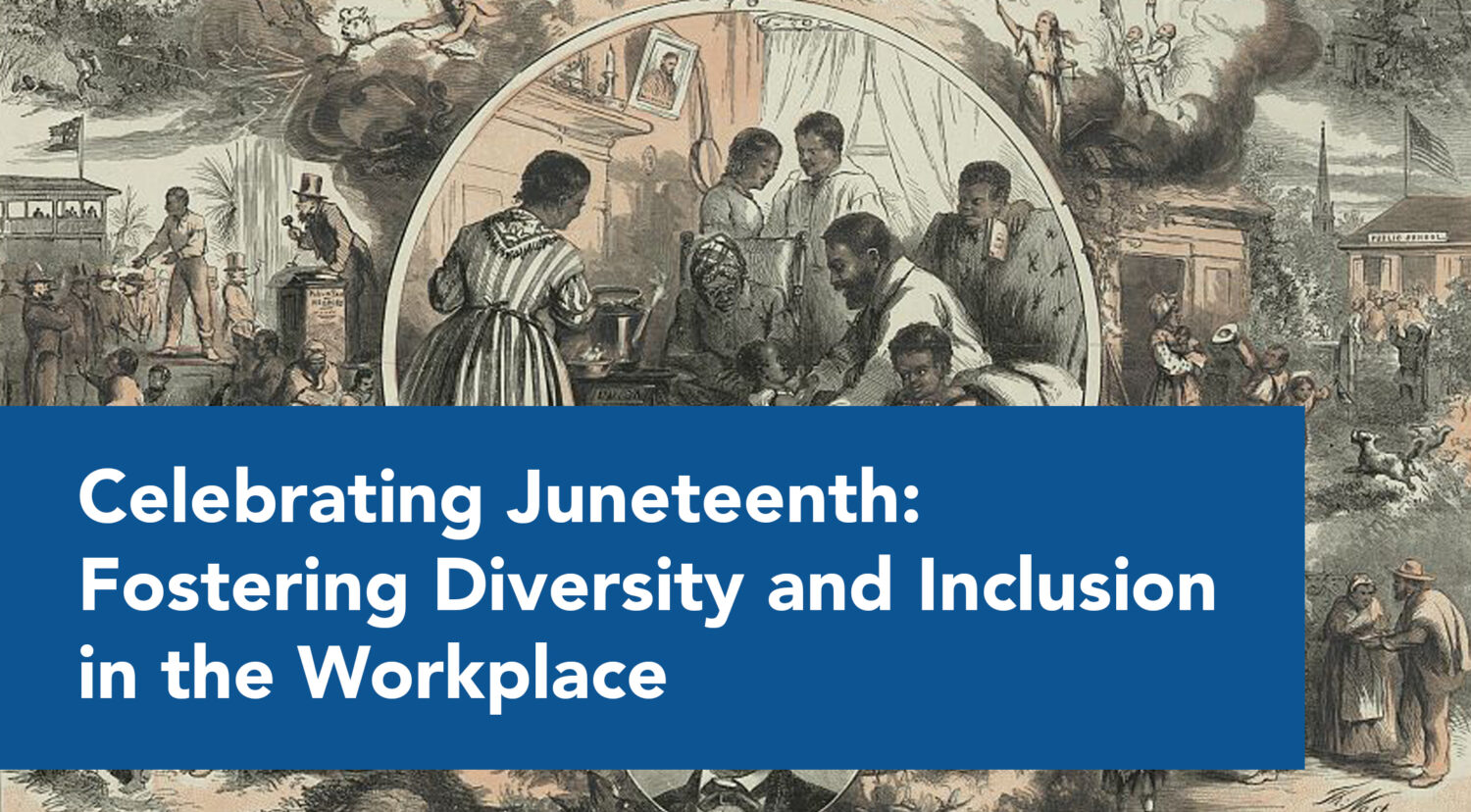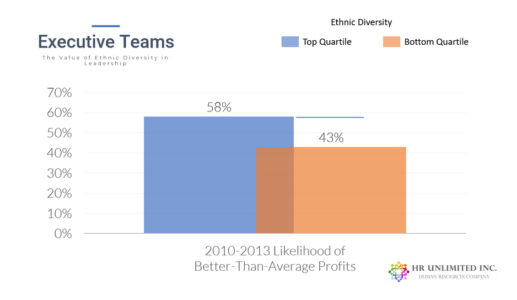

Dear Esteemed HR Professionals,
Celebrating Juneteenth, a pivotal event in American history, provides a meaningful way to honor the end of slavery in the United States and recognize the ongoing journey towards equality and justice for African Americans. It’s also an opportune moment for organizations to reflect on their commitment to diversity, equity, and inclusion. Let’s explore the significance of Juneteenth, the importance of affirmative action compliance, and practical strategies to promote workplace diversity and inclusion. (Read far enough and you’ll get a suggestion for how to celebrate the holiday.)
Understanding Juneteenth: A Historical Milestone
Juneteenth, observed on June 19th, commemorates the day in 1865 when Union General Gordon Granger arrived in Galveston, Texas, and announced the end of slavery, two and a half years after the Emancipation Proclamation was issued. This day marks a significant milestone in American history, symbolizing freedom, resilience, and the long struggle for civil rights. It’s been celebrated by black communities, starting across the South then spreading across the entire country, ever since 1866, the year after the announcement in Galveston.
For HR professionals, acknowledging Juneteenth is more than just a historical nod; it is an opportunity to celebrate the cultural contributions of African Americans and to reaffirm your organization’s commitment to creating an inclusive and equitable workplace. There are some 15 million African Americans working in the private sector as of 2021, according to McKinsey & Company and Juneteenth is a great day to show them your appreciation.
Affirmative Action Compliance: A Pathway to Equity
Some of you reading this may not be required to comply with the same affirmative action rules as federal contractors and subcontractors, federal banks, and others. But if you’re looking for ways to comply with employment laws in general and, better yet, commit to DEI, you may want to implement the same affirmative action plan tools that they use. They are a wonderful aid for achieving and maintaining a diverse and supportive workspace.
Affirmative action compliance remains a critical component in the quest for workplace diversity and inclusion. These policies are designed to prevent discrimination and to ensure that individuals from historically marginalized groups, such as African Americans, have equal access to employment opportunities. By adhering to affirmative action guidelines, organizations not only comply with legal standards but also foster a culture of fairness and equity.
If that still doesn’t persuade you, then look at this chart showing that ethnically-diverse executive teams have a higher likelihood of higher profits.

Source: Vivian Hunt, Lareina Yee, Dennis Layton, and Sara Prince (2015) – “Diversity Matters”. Published online at McKinsey.com.
Retrieved from: https://www.mckinsey.com/business-functions/organization/our-insights/why-diversity-matters
Incorporating affirmative action into your hiring practices involves setting measurable goals, conducting regular audits, and creating transparent policies that promote diversity at all levels of the organization. It also means providing training for hiring managers to recognize and mitigate unconscious biases that may influence their decisions.
Promoting Workplace Diversity and Inclusion Positively Impacts the Black Community
- Inclusive Workplace Practices: Cultivating an inclusive workplace requires intentional and sustained efforts. Begin by conducting diversity audits to understand the current state of your workforce and identify areas for improvement. Develop and implement policies that support diverse hiring practices and ensure that all employees have access to professional development opportunities.
- Education and Awareness: Offer regular training sessions on diversity, equity, and inclusion. These sessions should cover topics such as unconscious bias, cultural competence, and the importance of an inclusive work environment. Encouraging open dialogue about diversity can help employees understand different perspectives, such as the African American experience and viewpoint, and foster a more inclusive culture.
- Celebrating Cultural Events Like Juneteenth: Recognizing and celebrating events can have a profound impact on your workplace culture. Host events or educational sessions that highlight the historical significance of Juneteenth and other cultural milestones. For example, for Juneteenth, you could hold a barbecue or serve red drinks and red desserts. This not only raises awareness but also shows your organization’s commitment to honoring diverse histories and experiences.
- Employee Resource Groups (ERGs): Support the formation of ERGs that provide a platform for employees from diverse backgrounds to connect, share experiences, and advocate for their needs. ERGs can also play a vital role in advising leadership on diversity and inclusion initiatives.
Conclusion: Building a More Inclusive Future
As we celebrate Juneteenth, let us reaffirm our dedication to creating workplaces that embrace diversity and inclusion. By understanding the historical significance of Juneteenth, complying with affirmative action regulations, and implementing inclusive workplace practices, we can support the goals and spirit of the African American community.
—
- National Archives. “General Order No. 3.” Accessed June 15, 2024.
- U.S. Equal Employment Opportunity Commission. “Affirmative Action.” Accessed June 15, 2024.
- McKinsey & Company. “Race in the workplace: The Black experience in the US private sector.” February 21, 2021. Accessed June 15, 2024.
- Whaley, Natelegé. “The History Behind Staple Juneteenth Foods: BBQ, Watermelon & Red Drinks.” BlackRestaurantWeek. Accessed June 15, 2024.
Chart Source: Vivian Hunt, Lareina Yee, Dennis Layton, and Sara Prince (2015) – “Diversity Matters”. Published online at McKinsey.com.
HR Unlimited, Inc. specializes in helping federal contractors and employers effectively meet their AAP and EEO compliance obligations. Please contact us to discuss any of your questions, concerns, or needs in this area.





